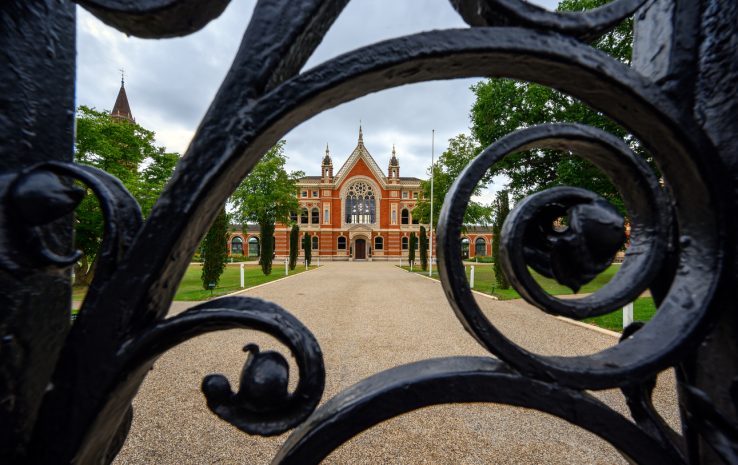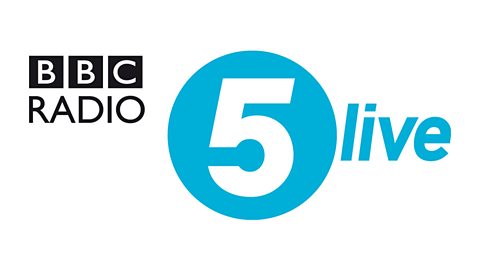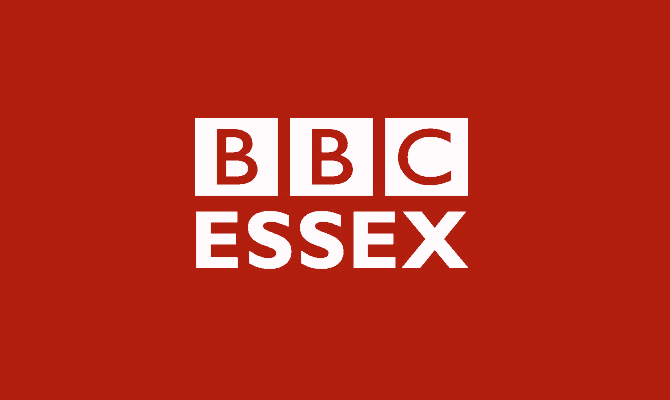The Best Private Schools in UK: A Comprehensive Guide to Excellence in Education
What Are the Best Private Schools in the UK?
The landscape of British education (state schools, grammar schools and private schools) is rich and varied, offering a spectrum of pathways to academic and personal achievement. At the heart of this educational diversity are the UK’s private schools, known for their commitment to delivering high-quality education and nurturing academic excellence.
These institutions, often referred to as independent schools, play a pivotal role in the British education system. They are integral not just in fostering academic success but also in shaping the characters and futures of young individuals.
Private schools in the UK, which encompass everything from junior schools to independent senior schools, are fee-paying institutions that operate outside of governmental funding. This autonomy allows them to offer bespoke educational experiences that often lead to impressive academic performance among their students.
These schools may vary greatly in size and ethos, ranging from elite co-educational schools to prestigious girls’ schools, each offering tailored curricula and extracurricular programs designed to meet the needs of their students.
Independent schools include both independent day schools and boarding schools. The term “public school” originally referred to the most ancient and prestigious of such boarding schools but is now synonymous in general usage with private education across the UK. These schools are distinguished by their freedom to innovate with curricula and facilities, supported by the fees they charge. This financial model enables them to maintain high standards of teaching and learning, with state-of-the-art facilities that promote a rich educational experience.
The role of the best private schools in the UK extends beyond mere academic instruction; they are breeding grounds for future leaders. Through a balanced focus on intellectual development, moral growth, and physical education, these schools prepare students not only for university but for significant roles in society. The environment in these schools is meticulously crafted to foster leadership qualities, critical thinking, and a sense of social responsibility among students.
Academic success in these institutions is not solely about passing examinations with flying colours; it also involves developing a well-rounded character that thrives on challenge and change. Whether it’s in a junior school setting or a senior school environment, the emphasis is consistently on nurturing the potential of each student. Schools for girls, in particular, focus on empowering young women with the confidence and skills needed to excel in traditionally male-dominated fields, promoting gender equality and breaking societal barriers.
In summary, private education in the UK, through its network of co-educational and single-sex schools, provides a foundational platform that supports not just academic achievement but the holistic development of young people. The best private schools in the UK, recognised for their educational prowess and their role in crafting future leaders, remain a cornerstone of the nation’s commitment to fostering excellence across generations. There are some key differences when choosing between private school and grammar school.
The History of Independent Schools in The UK
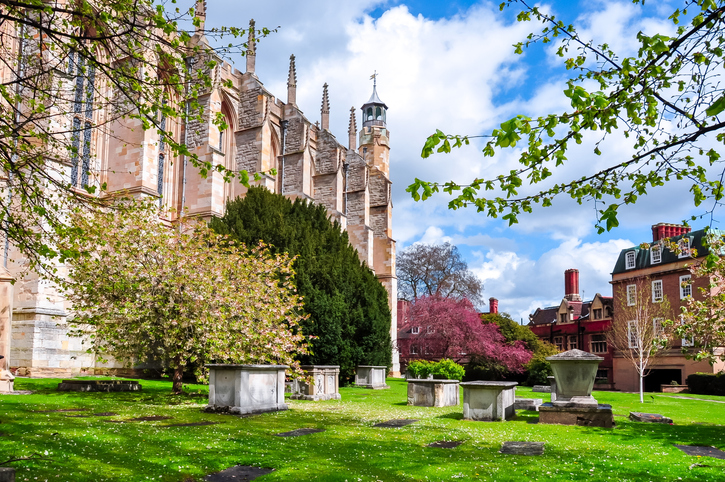
Eton, UK – April 2018: Eton College Chapel and courtyard in spring
The history of private education in the UK is a tapestry rich with tradition, evolution, and significant influence on both national and global stages. The roots of private education stretch back to medieval times when the first ‘public schools’, which are private in today’s terms, were established by religious institutions or royal charters.
These schools were designed to educate the elite, primarily the clergy and nobility, but have evolved significantly over the centuries to become accessible to a wider demographic, albeit still largely the preserve of those who can afford the fees.
The evolution of independent schools in the UK can be traced through significant educational reforms and societal changes. During the Victorian era, the expansion of the British Empire and the Industrial Revolution created a demand for well-educated administrators and managers.
This led to a boom in the establishment of new independent schools, including both senior schools and junior schools, designed to cater to the burgeoning middle class. The education provided was rigorous, with a strong emphasis on Latin, Greek, and moral instruction, reflecting the values and needs of the time.
In the 20th century, the landscape of private education continued to change. The rise of the co-educational school model and schools for girls marked significant shifts towards more inclusive educational practices.
Girls’ schools, in particular, have played a crucial role in promoting gender equality, providing high-quality education that challenges and breaks down traditional gender roles. These institutions have been pivotal in enabling women to pursue careers in diverse fields, contributing significantly to societal progress.
Independent day schools and boarding schools have maintained a reputation for academic excellence, often leading the way in educational innovation and performance. Their curricula are designed not just to prepare students for exams but to foster a broad range of intellectual, physical, and social skills.
The focus on developing well-rounded individuals is mirrored in the impressive array of extracurricular opportunities offered, from sports to the arts, which are integral to the educational ethos of these schools.
The impact of alumni from the UK’s best private schools can be seen across all spheres of British and global life. Notable figures who have walked the halls of these institutions include prime ministers, scholars, leading scientists, artists, and business leaders.
These individuals often credit their schools not just with providing an education but with moulding their character and ambitions. The influence of these alumni underscores the role of private education in shaping influential figures who go on to make significant contributions to society.
In conclusion, the history of private education in the UK reflects a tradition of adapting to changing social needs while maintaining a commitment to high standards and academic performance. As these institutions continue to evolve, they carry forward a legacy of not just educating students but preparing them to make meaningful contributions to the world.
Independent schools, whether they are venerable public schools, modern co-educational establishments, or specialist girls’ schools, remain at the forefront of providing an education that is as much about character development as it is about academic success.
Criteria for Ranking Private Schools
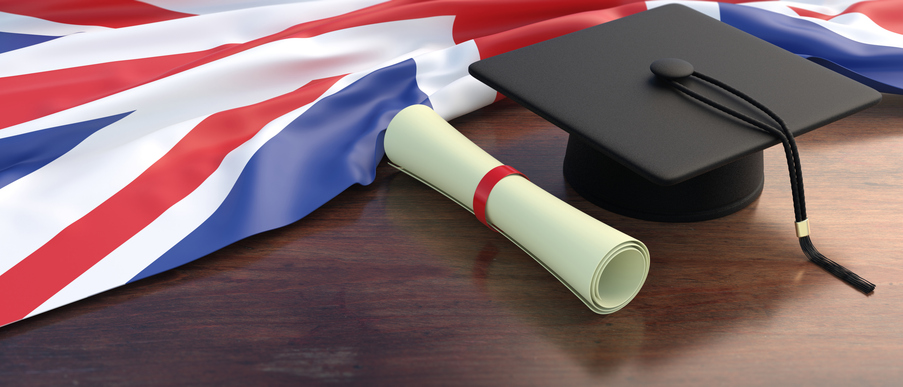
When assessing the best private schools in the UK, several criteria are considered to determine their ranking and reputation. These criteria reflect the multifaceted nature of education, which encompasses not only academic achievement but also the development of well-rounded individuals through extracurricular activities, quality of facilities, staff expertise, and the overall support system available to students.
Academic Excellence: Examination Results and University Placements
Academic excellence remains the cornerstone of the reputation of UK private schools, including independent senior schools and public schools. The best private schools boast impressive examination results, with high percentages of students achieving top grades at GCSE and A-Level.
These schools often have a proven track record of securing their students’ placements at prestigious universities, both in the UK and internationally. This emphasis on high academic standards ensures that students from fee-paying schools are well-prepared for the rigours of higher education and future careers.
Academic performance at these institutions is a reflection of their commitment to maintaining rigorous educational standards and fostering an environment where students are pushed to achieve their best.
Extracurricular Opportunities: Sports, Arts, and Clubs
Beyond academics, the best private schools in the UK offer a plethora of extracurricular opportunities that cater to a wide range of interests. Whether it’s traditional sports, performing arts, or various clubs, these activities play a crucial role in developing students’ skills outside the classroom.
Schools for girls and co-educational schools alike often emphasise the importance of a balanced education, where students are encouraged to pursue both their academic and personal interests. This holistic approach helps in nurturing well-rounded personalities, enabling students to excel in multiple arenas and develop essential life skills such as teamwork, leadership, and time management.
Facilities: State-of-the-Art Laboratories, Libraries, and Sports Facilities
The quality of facilities is another important criterion for ranking independent day schools and boarding schools. The best private schools are equipped with state-of-the-art laboratories, extensive libraries, and superior sports facilities.
These resources provide students with the necessary tools to explore and excel in their academic and extracurricular pursuits. For example, well-equipped science labs facilitate hands-on learning and foster a deeper understanding of scientific concepts, while comprehensive libraries support a wide range of academic subjects and encourage independent study.
Teacher-to-Student Ratio and Quality of Teaching Staff
The teacher-to-student ratio is a critical factor in providing personalised education and support. The best private schools often boast lower ratios, which allow for tailored teaching approaches and greater interaction between students and teachers.
The quality of teaching staff is equally paramount, with many schools employing highly qualified and experienced teachers who are experts in their fields. This high standard of teaching is fundamental to fostering academic excellence and motivating students to pursue scholarly achievements.
Pastoral Care and Student Support Services
Finally, pastoral care and student support services are essential components of the educational offering at the best private schools. Effective pastoral care ensures that students’ well-being is prioritised alongside their academic and extracurricular endeavours.
This includes everything from counselling services to mentorship programs and health and wellness initiatives. Schools that excel in providing comprehensive support services create a nurturing environment that supports all aspects of a student’s development, helping them to thrive both personally and academically.
Spotlight on Top Private Schools
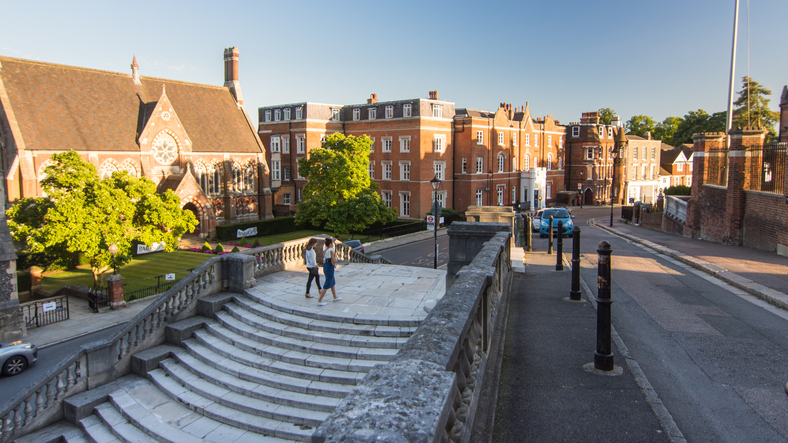
London, England – August 6, 2016: Traffic and pedestrians pass buildings of the independent Harrow School at Harrow-On-The-Hill in West London.
In this section, we explore some of the top-tier private schools in the UK, each known for its unique history, heritage, and contributions to education. These schools are celebrated not only for their academic excellence but also for their innovative programmes and notable achievements.
King’s College School
Located in Wimbledon, London, King’s College School is renowned for its rigorous academic framework and strong emphasis on holistic education. Established in 1829 by King George IV and the Duke of Wellington, the school was initially intended to educate the sons of gentlemen. Today, it is a dynamic co-educational institution, known for its high academic standards and extensive extracurricular programme. King’s College School excels particularly in mathematics and sciences and boasts a thriving arts and music department, which regularly produces award-winning performances.
Magdalen College School
Founded in 1480 by William Waynflete, Magdalen College School in Oxford is one of the oldest and most prestigious schools in the UK. Known for its scholarly tradition, the school has a long-standing history of academic excellence, particularly in the classics and sciences. It encourages a broad curriculum where students achieve high outcomes in public examinations and gain entry to leading universities worldwide. Magdalen College School also offers a distinctive programme of lectures and seminars led by visiting academics, fostering a unique intellectual environment.
St Paul’s Girls’ School
St Paul’s Girls’ School in London is one of the leading independent schools for girls in the UK. Founded in 1904 with the aim of providing an education of the same quality as that available to boys, the school has been at the forefront of girls’ education since. It offers a rigorous academic programme coupled with strong music, arts, and sports. Notably, the school has an exceptional record of success in public examinations and sending students to prestigious universities.
James Allen’s Girls’ School
Located in Dulwich, South London, James Allen’s Girls’ School is the oldest independent girls’ school in London, founded in 1741. The school combines high academic standards with a wide array of extracurricular activities, including a strong music and arts programme. It is particularly noted for fostering a supportive environment that encourages girls to achieve their best across a broad range of subjects and interests.
Guildford High School
Guildford High School, a girls’ school in Surrey, offers a vibrant education characterized by a fusion of tradition and innovation. Established in 1888, the school is known for its forward-thinking approach and commitment to providing a broad and balanced education. Students consistently achieve top grades and excel in extracurricular activities, especially in music, drama, and sports, making the school a beacon of academic and creative excellence.
St Paul’s School
St Paul’s School, located in London, was founded by John Colet in 1509 to educate boys with a focus on religious principles, good manners, and learning. Today, it stands as one of the leading independent senior schools for boys in the UK, known for its exceptional academic results and strong ethos of developing leadership qualities among its students. The school offers a diverse curriculum with a notable emphasis on science and mathematics, alongside a robust programme in the humanities and arts.
North London Collegiate School
North London Collegiate School, established in 1850, is one of the most prestigious independent day schools for girls in the UK. It is renowned for its academic rigour and innovative curriculum that prepares students for the challenges of the 21st century. The school has a strong tradition of academic excellence, and its students regularly secure places at top universities in the UK and abroad. It also offers a wide range of extracurricular activities, with particularly strong programmes in languages, science, and music.
Westminster School
Located in the heart of London, near the Houses of Parliament, Westminster School is steeped in history, having been established in 1179. It boasts a unique relationship with Westminster Abbey through its religious foundations and ceremonies. The school is known for its exceptional academic achievements, particularly in the classics and modern languages. It regularly sends a large number of pupils to Oxford and Cambridge, highlighting its strong focus on academic excellence.
St Albans High School for Girls
St Albans High School for Girls is a renowned independent school in Hertfordshire, offering an all-rounded education for girls from ages 4 to 18. The school prides itself on not only its high academic standards but also on providing a supportive environment that promotes intellectual curiosity and personal growth. It offers a broad curriculum with particularly strong performances in STEM subjects and the arts.
Royal Grammar School
With several locations across the UK, the Royal Grammar Schools are noted for their rigorous academic programmes and high standards. These schools typically feature robust science and mathematics departments, with many students going on to study these subjects at top universities. Extracurricular achievements, particularly in sports and debating, are also highly valued.
Brighton College
Brighton College is one of the leading co-educational schools in the UK, known for its progressive approach to education and its welcoming atmosphere. Located on the south coast of England, the school has been recognised for its innovative curriculum that encourages independent thinking. Its academic prowess is complemented by strong performances in sports and the arts, making it a well-rounded institution.
Tonbridge School
Tonbridge School in Kent is a boys’ independent boarding school renowned for its emphasis on both academic and pastoral care. The school offers a broad curriculum with a particularly strong emphasis on science and engineering, supported by excellent facilities. Tonbridge also has a vibrant arts scene and competitive sports teams, fostering a well-balanced educational environment.
St Mary’s School, Cambridge
St Mary’s School in Cambridge is an independent day and boarding school for girls, providing an education that is tailored to the needs of each student. The school excels in fostering a love for learning and creativity, with strong programmes in the sciences and humanities. It is also known for its supportive pastoral care system and its commitment to empowering young women.
Oxford High School GDST
Part of the Girls’ Day School Trust, Oxford High School is known for its high academic standards and vibrant intellectual culture. The school provides a diverse curriculum with a strong emphasis on developing leadership qualities among its students. Oxford High School consistently ranks high in national league tables for both GCSE and A-Level results.
Eton College
Perhaps the most famous public school in the world, Eton College has been educating boys since 1440. Located in Berkshire, it has a long tradition of serving as a training ground for future leaders, including numerous British prime ministers. The school is known for its rigorous academic curriculum, extensive extracurricular programmes, and a distinctive system of ‘houses’ that form the core of student life and learning.
St Helen’s School
St Helen’s School in Northwood, London, provides an excellent education for girls from preschool through to sixth form. The school combines high academic standards with a rich programme of extracurricular activities, including music, theatre, and sports. It is particularly noted for its science and mathematics departments, reflecting its commitment to STEM education for girls.
Reigate Grammar School
Reigate Grammar School in Surrey is known for its blend of traditional values and modern educational practices. The school provides a broad, balanced education with a strong emphasis on character development and service to the community. Students enjoy a wide range of extracurricular activities, and the school has an excellent record of academic achievement.
The Perse School
The Perse School in Cambridge is one of the UK’s top independent day schools, known for its academic rigour and innovative teaching methods. The school offers a wide range of subjects, with notable strengths in sciences and mathematics. The Perse School encourages students to develop a global perspective, incorporating international programmes and exchanges into its curriculum.
St John’s College
St John’s College, with its rich history and dedication to academic excellence, offers a rigorous curriculum aimed at fostering intellectual and personal growth. Known for its strong emphasis on the humanities and sciences, the school has consistently produced alumni who excel in various professional fields.
Oxford High School
Oxford High School is renowned for its challenging academic environment and commitment to developing leadership qualities among its students. The school encourages a love for learning with a strong focus on science and mathematics, and it boasts high success rates in university admissions, particularly to Russell Group universities.
Wimbledon High School GDST
Part of the Girls’ Day School Trust, Wimbledon High School is celebrated for its vibrant educational approach that combines rigorous academics with extensive extracurricular programmes. The school excels in both arts and sciences, providing a well-rounded education that encourages girls to pursue their interests and talents to the fullest.
Wycombe Abbey School
One of the UK’s top girls’ boarding schools, Wycombe Abbey is known for its exceptional academic record and outstanding pastoral care. The school provides a holistic education that emphasises leadership, with a robust programme in public speaking and international relations.
Ealing High School GDST
Ealing High School, another proud member of the Girls’ Day School Trust, is distinguished by its progressive curriculum and strong support system that promotes student well-being and academic achievement. The school is particularly noted for its achievements in the arts and humanities.
Latymer Upper School
Located in West London, Latymer Upper School is one of the leading co-educational independent schools in the city. It is renowned for its academic vigour, especially in the sciences and arts, and maintains a strong commitment to offering scholarships to talented students from diverse backgrounds.
Trinity School
Trinity School offers a broad and balanced curriculum supported by excellent facilities and a strong extracurricular programme, including music, sports, and arts. The school is well-known for its supportive environment and for encouraging students to engage in community service and leadership activities.
King Edward’s School
King Edward’s School has a longstanding reputation for academic excellence and a rich history in providing education that dates back several centuries. It excels in fostering a competitive yet supportive atmosphere that drives students to achieve in both their academic and extracurricular pursuits.
Withington Girls’ School
Withington Girls’ School, located in Manchester, stands out for its commitment to maintaining high academic standards while providing a supportive and inclusive environment. The school excels particularly in STEM subjects, consistently ranking high in national league tables.
Dulwich College
Dulwich College is a historic boys’ independent school in South London known for its strong liberal arts curriculum and a substantial commitment to sports and arts. The college has produced a range of influential alumni, contributing significantly to public life, arts, and sciences.
Hampton School
Hampton School is renowned for its focus on fostering intellectual curiosity and ethical leadership among boys. It offers a diverse curriculum with particular strengths in science and technology, alongside robust arts and sports programmes.
Cathedral School
Cathedral School, often tied to a historic cathedral, blends traditional values with modern educational practices. These schools typically have strong music programmes due to their choral foundations and excel in providing a comprehensive education that includes a strong emphasis on moral and spiritual development.
King’s College London
While primarily known as a prestigious university, King’s College London also offers pre-university education, which is known for its high academic standards and strong emphasis on preparing students for higher education in competitive fields such as medicine, law, and the humanities.
London Freemen’s School
London Freemen’s School is known for its balanced approach to education, which nurtures both academic and personal development. The school provides a broad curriculum and is particularly noted for its innovative use of technology in education and strong sports programmes.
Surbiton High School
Surbiton High School offers a dynamic and supportive learning environment, with a strong emphasis on both academic and personal development. The school is noted for its excellent performing arts and sports programmes, and for fostering a strong community spirit.
Cheltenham Ladies’ College
Cheltenham Ladies’ College, one of the most prestigious girls’ schools in the UK, has been at the forefront of women’s education since its establishment in 1853. It is renowned for its rigorous academic environment and outstanding achievements in public examinations. The college offers a broad curriculum with a particularly strong performance in the sciences and humanities, alongside extensive extracurricular options that promote leadership and global awareness.
Concord College
Located in Shropshire, Concord College is a highly international co-educational institution known for its diverse student body and strong focus on science and mathematics. Established in 1949, the college excels in preparing students for university, particularly in the fields of medicine, engineering, and economics. It also emphasizes a holistic approach to education, encouraging students to engage in a wide range of sports and arts activities.
Winchester College
Founded in 1382, Winchester College is one of the oldest and most revered boys’ schools in the UK. The school is celebrated for its unique educational approach, which combines a rigorous academic curriculum with a strong emphasis on moral education, as reflected in its motto, “Manners Makyth Man.” Winchester has a distinguished history of academic excellence, particularly in classics and humanities, and is known for its commitment to traditional values and practices.
Sevenoaks School
Sevenoaks School, a co-educational independent school in Kent, is recognized for its innovative curriculum and strong emphasis on internationalism, being one of the first schools in the UK to fully adopt the International Baccalaureate in the sixth form. The school’s vibrant academic environment is complemented by robust extracurricular programmes in arts, sports, and community service, preparing students to become well-rounded global citizens.
Latymer School
Latymer School, based in London, is a co-educational day school known for its academic rigour and excellent results, particularly in English, mathematics, and sciences. The school offers a wide array of extracurricular activities, including thriving music, drama, and arts programmes, and it maintains a strong commitment to social service and community involvement.
St. Paul’s School
St. Paul’s School in London is one of the leading independent boys’ schools, renowned for its academic excellence and a strong focus on holistic education. The school offers a challenging curriculum with exceptional extracurricular opportunities in sports, music, and drama, preparing students for success in top universities worldwide and future leadership roles.
Queen Ethelburga’s College
Queen Ethelburga’s, located in North Yorkshire, prides itself on offering a nurturing environment with a strong pastoral care system. Known for its modern facilities and high academic standards, the college provides a comprehensive education with a focus on science, technology, and the performing arts, encouraging students to pursue excellence in all aspects of their education.
Channing School
Channing School in North London is an independent day school for girls, known for its friendly atmosphere and strong academic achievements. The school promotes a liberal arts education with particular strength in music, drama, and visual arts, supporting students to develop confidence and versatility in their skills and interests.
City of London School
City of London School is a prominent boys’ day school in the heart of London, known for its academic excellence and strong emphasis on character development. The school offers a broad curriculum and is particularly noted for its success in economics, business studies, and the sciences, as well as for an extensive extracurricular programme including rowing and other sports.
King’s School
The King’s School, with several locations including Canterbury, is one of the oldest and most prestigious schools in the world. Known for its excellent academic record and strong emphasis on traditional values, the school offers a broad curriculum and extensive extracurricular activities, nurturing students’ intellectual and personal growth in a historic setting.
Highgate School
Highgate School in North London is a co-educational school known for its liberal ethos and academic strength, particularly in the humanities and sciences. The school provides an inclusive educational environment with a wide range of artistic, sporting, and cultural activities, encouraging students to engage fully in school life and beyond.
The Admissions Process
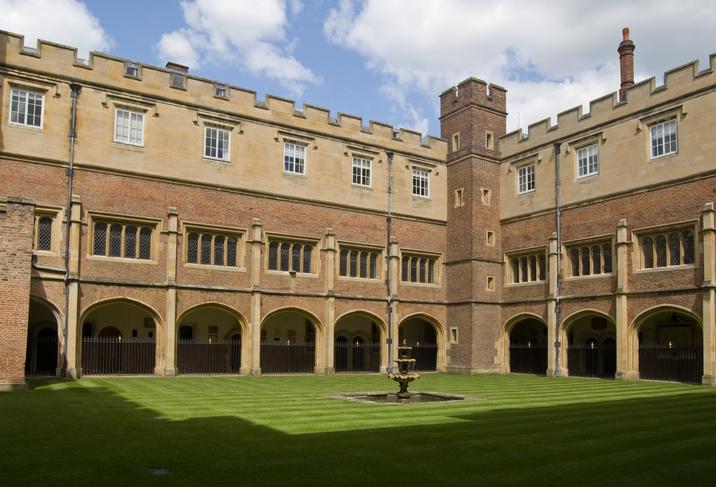
“Cloisters at the famous public school, Eton College, Berkshire. Founded by King Henry VI in 1440. Historic building, hundreds of years old.”
Navigating the admissions process for private schools in the UK can be a daunting task for parents and prospective students alike. This section provides a comprehensive overview of typical entry requirements, advice on preparing for entrance exams and interviews, and essential information on timelines and key dates for admissions.
Overview of Typical Entry Requirements
Private schools in the UK generally have specific entry requirements that vary depending on the level of entry (e.g., junior school, senior school) and the school’s own criteria. Common requirements include:
-
- Academic Records: A strong academic record is essential, with previous school reports often requested to assess performance.
-
- Entrance Exams: Most private schools require prospective students to sit entrance exams, which typically include papers in mathematics, English, and sometimes verbal and non-verbal reasoning. For senior school entry, additional subjects like science or a foreign language may also be tested.
-
- References: A reference from the student’s current school is usually required, providing insight into the student’s academic abilities and character.
- Interviews: Interviews are commonly part of the admissions process, especially for older students. These may be formal or informal and are used to gauge a student’s suitability for the school in terms of personality, interests, and extracurricular activities.
Special Educational Programmes for Outstanding Academic Performance
Unique Curriculums
International Baccalaureate (IB): The IB programme is highly regarded globally and offered by several top UK private schools. It promotes a holistic approach to education with an emphasis on critical thinking, intercultural understanding, and exposure to a diverse range of subjects. Schools like Sevenoaks School and King Edward’s School, Bath, are renowned for their strong IB programmes, which attract students seeking a challenging and broad educational experience that is recognised by universities worldwide.
Bespoke STEM Programmes: As the demand for expertise in science, technology, engineering, and mathematics (STEM) grows, many private schools have developed specialised STEM programmes to nurture talent in these fields. These programmes often include partnerships with universities, specialised workshops, and mentorships with professionals. Schools such as the Perse School and Winchester College offer extensive resources for budding scientists and engineers, including state-of-the-art laboratories and dedicated STEM clubs and societies.
Creative and Performing Arts: For students with talents in the arts, some schools offer enriched curriculums that include advanced courses in music, drama, and fine arts. For instance, the Chetham’s School of Music and the Purcell School specialise in nurturing musical talents, providing a rigorous curriculum alongside professional-level performance opportunities.
Special Support for Students with Disabilities and Learning Differences
Many UK private schools are committed to inclusivity and provide comprehensive support for students with disabilities and learning differences. This support is tailored to meet the individual needs of students, ensuring that they can fully participate in and benefit from all aspects of school life.
-
- Learning Support Units: Schools like St Paul’s Girls’ School and Fettes College have dedicated learning support units, which offer resources and interventions designed to help students with dyslexia, dyspraxia, and other specific learning difficulties. These units employ specialist staff who work closely with teachers to integrate support into the mainstream curriculum and provide one-to-one assistance as needed.
-
- Assistive Technology: Technology plays a crucial role in supporting students with disabilities. Many schools have invested in assistive technologies such as text-to-speech software, audiobooks, and screen readers. This technology helps to create an accessible learning environment for all students.
-
- Emotional and Social Support: Understanding that emotional and social well-being is crucial for academic success, schools provide counselling services and peer support groups. These services are designed to help students manage stress, build resilience, and develop healthy relationships within the school community.
-
- Accessibility: Physical accessibility is also a priority, with many schools ensuring that buildings and facilities are accessible to students with physical disabilities. This includes wheelchair access, adapted restrooms, and customised classroom setups to accommodate various needs.
Conclusion
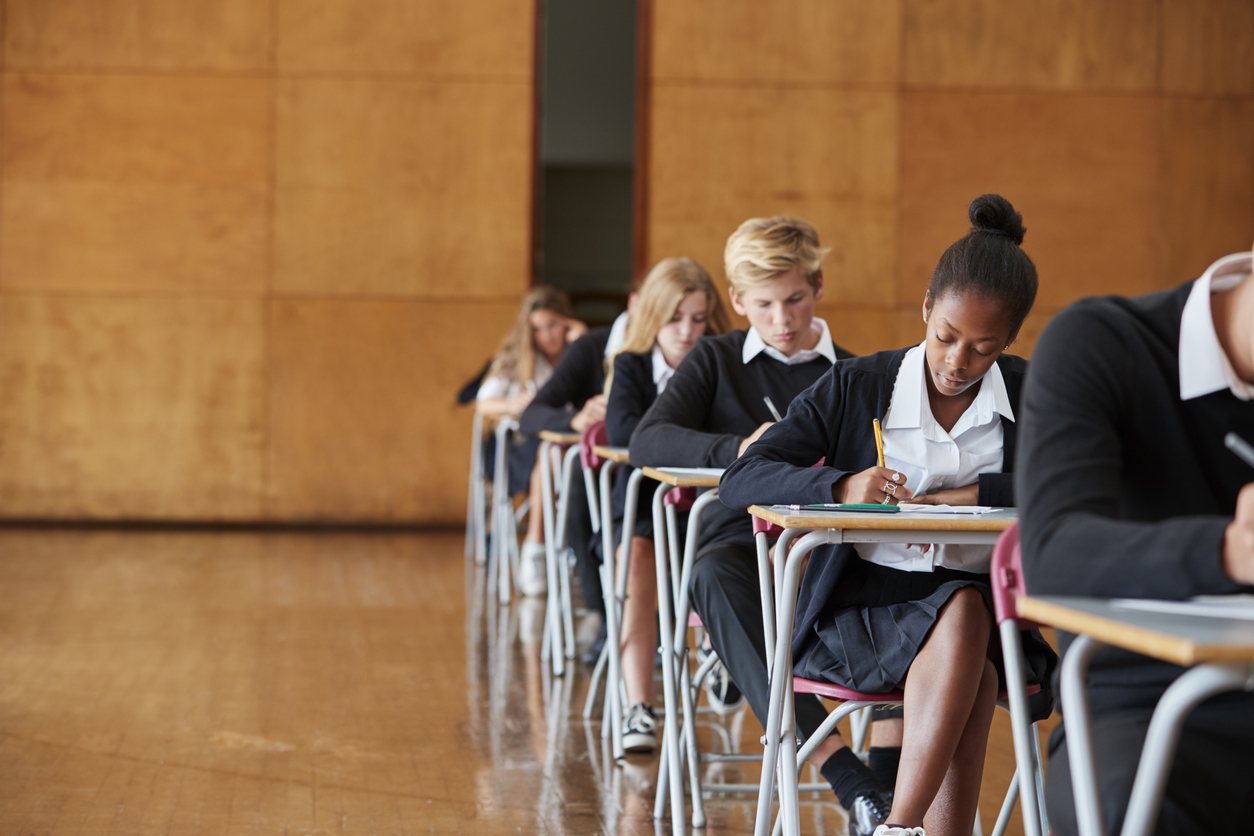
Teenage Students In Uniform Sitting Examination In School Hall
The role of private schools in contemporary British education is both significant and multifaceted. These institutions not only uphold high standards of academic excellence but also provide a breadth of educational experiences that foster holistic development. From the rigorous International Baccalaureate programmes to bespoke STEM and arts curricula, private schools in the UK cater to diverse student interests and needs, preparing them for global challenges and opportunities.
Private schools are often recognised for their ability to offer specialised environments that nurture not only intellectual growth but also personal development. The emphasis on pastoral care, extracurricular activities, and individualised support ensures that students receive a well-rounded education that extends beyond traditional academic learning. This approach helps cultivate qualities such as leadership, resilience, and social responsibility, which are essential in today’s interconnected world.
For international students, UK private schools offer a unique platform for cultural integration and language acquisition, enriched by a supportive community and comprehensive boarding facilities. The diversity within these schools provides a global perspective that enhances the educational experience, making it truly world-class.
Choosing the right private school is a decision that requires careful consideration of a child’s academic abilities, interests, and personal growth needs. Each school has its own ethos, strengths, and community, and finding the right fit is crucial to ensuring that the child thrives. Prospective students and their families should look beyond rankings and consider factors such as the school’s support services, extracurricular programmes, and the overall environment. Visiting schools, talking to current students and staff, and attending open days can provide invaluable insights into the school’s culture and ethos.
Ultimately, the decision should align with the student’s long-term educational and personal development goals. A well-chosen private school can provide a transformative educational experience that not only prepares students academically but also equips them with the skills and confidence needed to succeed in their future endeavours.
In sum, private schools in the UK continue to play a pivotal role in shaping the educational landscape, offering settings where students can excel academically and develop into well-rounded individuals ready to make meaningful contributions to society. The choice of school is a foundational decision that can impact the trajectory of a student’s life, making the selection process a critical step towards a successful future.


